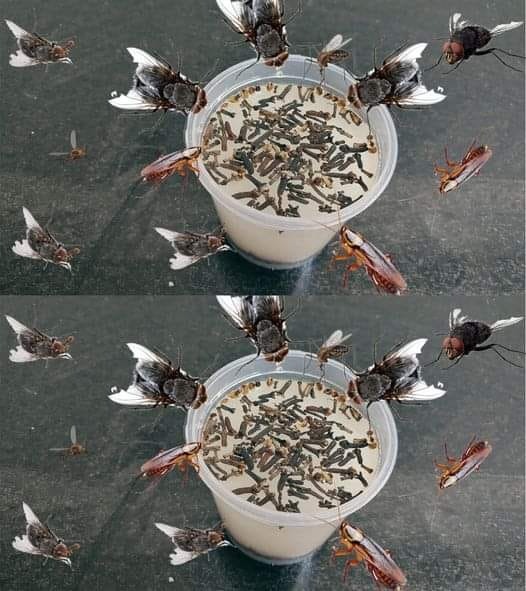Common Triggers for Reactivation
• Stress or fatigue
• Illness or fever (hence the name "fever blisters")
• Hormonal changes (e.g., menstruation)
• Sun exposure or cold weather
• Dental work or lip trauma
• Weakened immune system
Step-by-Step Cold Sore Care and Treatment
Though there’s no cure for HSV, cold sore outbreaks can be managed effectively with proper care. Here's a step-by-step guide:
Step 1: Recognize the Early Warning Signs
Pay attention to tingling, burning, or itching sensations around your lips or nose—this is the best time to begin treatment.
Step 2: Start Antiviral Medication (If Prescribed)
• If you’re prone to outbreaks, your doctor might prescribe oral antiviral medications like:
• Acyclovir
• Valacyclovir
• Famciclovir
Start taking the medication at the first sign of symptoms to reduce the outbreak’s duration and severity.
Step 3: Apply Topical Treatments
• Over-the-counter creams such as docosanol (Abreva) or prescription antiviral ointments can help if used early.
• Gently dab the ointment on the affected area with a clean finger or cotton swab, avoiding contamination.
Step 4: Soothe the Discomfort
• Use cold compresses to reduce swelling and pain.
• Apply petroleum jelly or lip balm to keep the area moist and prevent cracking.
• Avoid acidic or spicy foods that might irritate the sore.
Step 5: Keep the Area Clean and Avoid Spreading the Virus
• Wash hands frequently, especially after touching your face or applying creams.
• Avoid kissing, oral contact, or sharing items (lipstick, razors, drinks).
• Be cautious when touching your eyes—HSV can cause serious eye infections (herpes keratitis).
Step 6: Let It Heal Naturally
• Don’t pick at or peel the scab. This can delay healing and increase the risk of scarring or infection.
• The sore will usually heal on its own in 7 to 10 days.
Prevention Tips
• Use sunscreen or lip balm with SPF on your lips to prevent sun-induced outbreaks.
• Manage stress with relaxation techniques like meditation or exercise.
• Strengthen your immune system with a healthy diet, adequate sleep, and regular activity.
• Avoid close contact with infected individuals during active outbreaks.
When to See a Doctor
• Frequent or unusually severe outbreaks
• Sores that don’t heal within two weeks
• Signs of infection (pus, extreme redness, swelling)
• Eye discomfort or vision issues
Final Thoughts
Cold sores may be a common viral nuisance, but with the right care and awareness, you can manage them effectively and reduce the risk of frequent recurrences. By recognizing the early symptoms and responding with timely antiviral treatment and gentle self-care, you can keep outbreaks short, contained, and less painful.
Remember: while cold sores are not curable, you are in control of how they affect your life.






